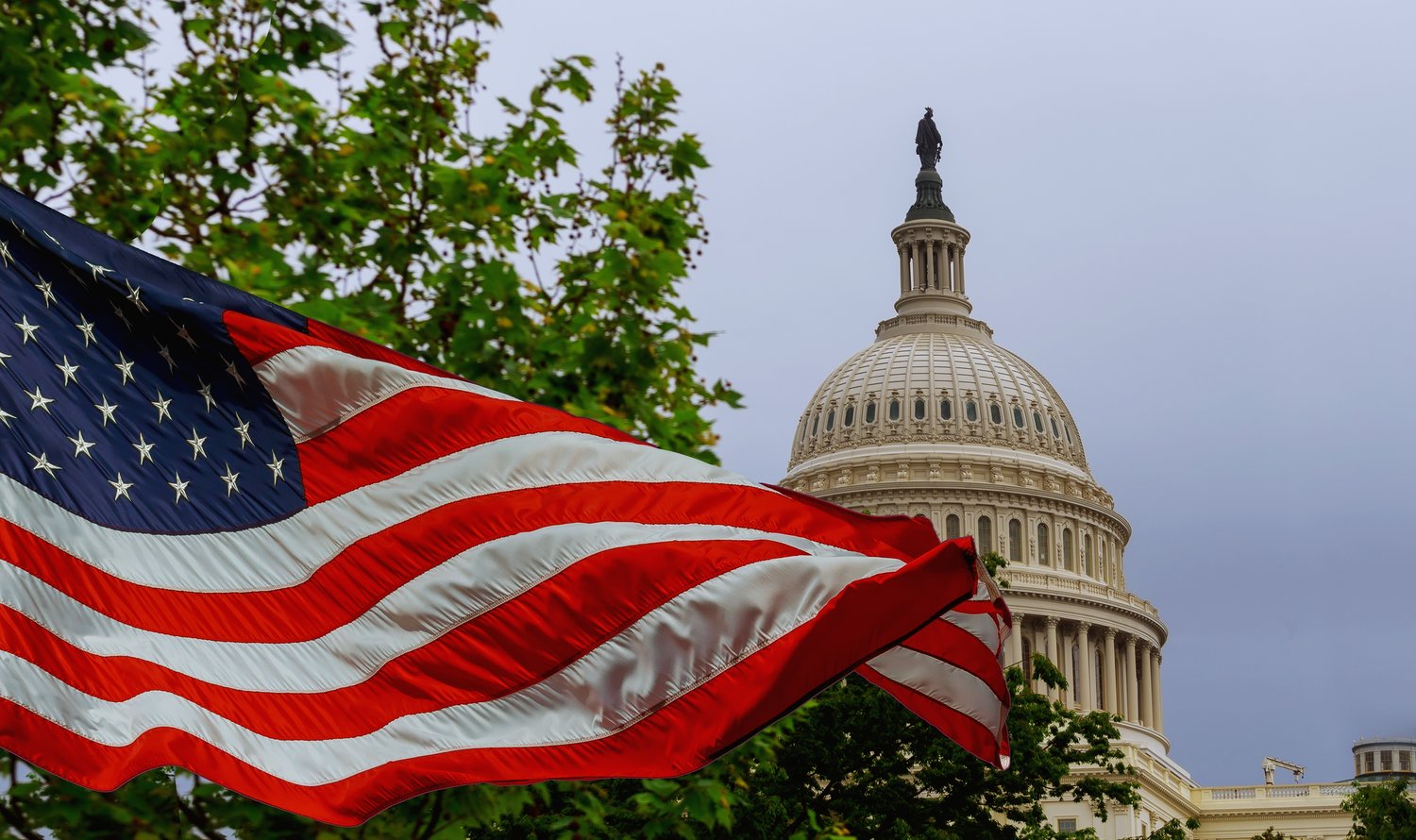The July 2022 US Policy Update.

Path for Competition Bill Remains Foggy
Congress has departed for its August recess without taking up the American Innovation and Choice Online Act (S. 2992). That’s good news. As we have outlined in this space before, the bill would effectively create a lawless app ecosystem where even the most malicious actors can’t be banned from harming users and developers. It would break the app development and distribution system with nothing to replace it.
The Senate had kicked around the idea of bringing the bill up for a vote in June or July, but a lack of support among Democratic senators prevented that from happening. However, on August 4, Senate Majority Leader Chuck Schumer (D-NY) indicated that he plans to bring the bill up for a vote, but did not say when. It’s not clear how seriously to take this quote, as many handicappers still don’t believe the bill has the necessary 60 votes in the Senate to avoid a filibuster. While the bill targets only the largest online platforms, many developers will be roped into the battle between Congress and these platforms since their products depend on ecosystem players to be marketed and sold.
There are also more important issues Congress is dealing with. This summer alone has Congress grappling with war in Ukraine, reproductive rights, gun violence, a China-Taiwan showdown, and a pending blockade of digital trade with Europe. Does smartphone choice seem to fit on this list? Where and when this issue fits in the broader agenda in Washington remains to be seen.
“Reforming competition law is an economic issue, not a digital one. We should question the logic in carving out the digital economy from the overall economy, given that the distinction between the two disappeared long ago. If antitrust law needs reform, then take on that task, but don’t pretend that the internet follows some different set of laws than main street does. Free speech online is simply … free speech. If laws need to change then they should change for everyone, everywhere, online and off.”
Privacy Bill Clears Key Committee Hurdle, Heads to House Floor

On July 20, the House Energy and Commerce Committee voted on six bills, including H.R. 8152, the American Data Privacy Protection Act. The bill is the latest attempt to protect consumer privacy without sacrificing innovation. The committee passed the legislation with broad bipartisan support, and it now heads to the House floor for consideration. While the lion’s share of the legislation is a step in the right direction, we remain concerned that the bill includes a private right of action and does not entirely preempt the patchwork of state privacy laws. Given the bill’s level of support in committee, we expect it to pass the House of Representatives.
“The bill passed by the House Energy and Commerce Committee still does not preempt the patchwork of state privacy laws that developers must navigate before they can deploy their products and services. What’s more, granting state regulators like the California Privacy Protection Agency express authority to enforce a federal law will only end up creating more hurdles and headaches for those developers. The bill also includes a private right of action. While the goals of this provision may be noble, the reality is that it will only encourage bad actors to file malicious lawsuits that will harm developers and the industry, driving up costs for consumers.
While there is still work to be done on the legislation, we do support its provision to protect small businesses from harmful litigation. Small developers –the backbone of our industry –can take comfort in knowing that they’ll be protected if this bill is enacted.”
Senators Tillis and Leahy Introduce Key Patent Bill

On August 2, Senators Thom Tillis (R-NC) and Patrick Leahy (D-VT) introduced the Patent Examination and Quality Improvement Act. The bill would require the USPTO director to develop greater clarity on patent quality, patent quality metrics, and the work product performed by patent examiners. It also would help train examiners on emerging technology and modernize the office’s IT systems. Neither a hearing or markup of the bill have been scheduled.
Senator Tillis introduced another bill that should raise red flags for developers. His Patent Eligibility Restoration Act would overturn the Supreme Court’s Alice decision. This decision reiterated that abstract ideas cannot be patented. Senator Tillis’ bill would harm developers, opening the floodgates for sue and settle entities whose only goal is to extract a payout. Like his other legislation, neither a hearing or markup of the bill have been scheduled.





